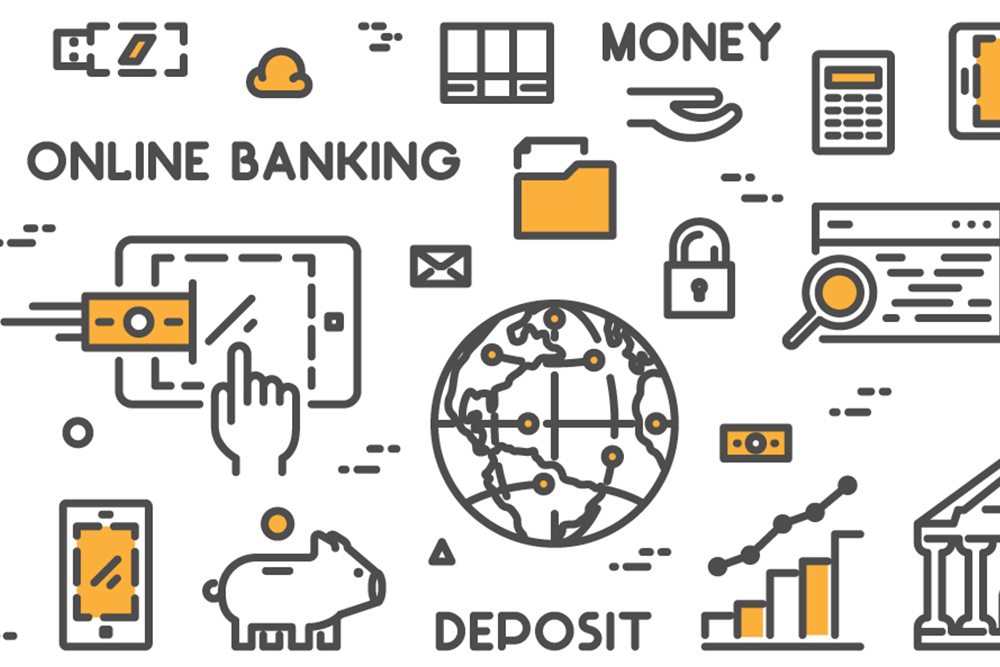
Increasing numbers of people and small businesses, including community associations, have switched to managing their bank accounts exclusively over the internet. Not surprisingly, these numbers surged even higher during the pandemic. While online banking has become common place, so have incidents of cybercrime and fraud. Banks of course use a variety of security measures to protect their customers’ accounts, but there are also steps that you as the customer should take to minimize risk.
- Verify that your bank is using the latest security technology in step with banking industry standards.
- Have a dedicated computer for conducting the association’s online banking, and make sure that computer stays current with anti-virus protection and updates. If the dedicated computer is a laptop, never conduct online banking in public spaces or use public Wi-Fi.
- Choose passwords that are complex by using a combination of letters, numbers, and symbols, and institute a policy for changing passwords on a regular basis. Limit the number of people who know the password to only those who are managing the accounts. Passwords should not be recorded on personal computers or mobile devices or accessible to other owners, family members, guests, etc. Avoid automatic logins to prevent unauthorized persons from easily accessing the association’s accounts.
- Be on high alert for phishing scams. Phishing is a technique that cyber-criminals use to gain sensitive information, like bank account numbers and passwords, through fraudulent emails and texts. Your bank will never ask for your password via email or text; so if you receive such an email or text, delete it. Also beware of any email requesting that you “update your account,” or of any email warning of dire consequences if you do not act immediately. If you are not sure whether the email came from your bank, contact your banking institution to verify whether they sent the email. Because phishing scams are so prevalent, it is important to provide information about phishing to anyone who will be managing the association’s accounts online so they know what to look for.
- Reconcile your bank accounts on a regular basis – ideally daily – to avoid an irregularity going unnoticed. Inquire whether your bank sends alerts for transactions over a certain amount or if your account drops below a certain amount for added protection.
These are just a few of the steps an association can take to decrease risks when managing its bank accounts online. Because a community association has a fiduciary responsibility to its members, it is imperative that it takes the necessary steps to minimize potential cyber threats to its bank accounts. While there is no guarantee that even a well-protected system won’t be hacked, by adopting and following online banking security policies, an association greatly lessens its chances of being an easy target for a potentially devastating cybercrime.


